
-
Follows0Replies0Views613Bad design: Modern cheap natural filled blankets
-
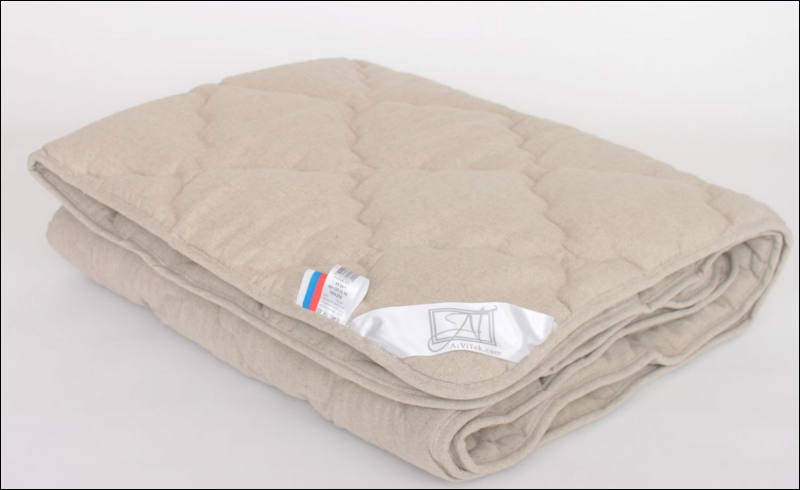
Suppose you look for affordable blanked with natural fillings - linen, camel's wool and so on.
Reality is that you can get anything from 100% synthetic filler to around 30-50% synthetic (in top models)
Big factories are making such things:
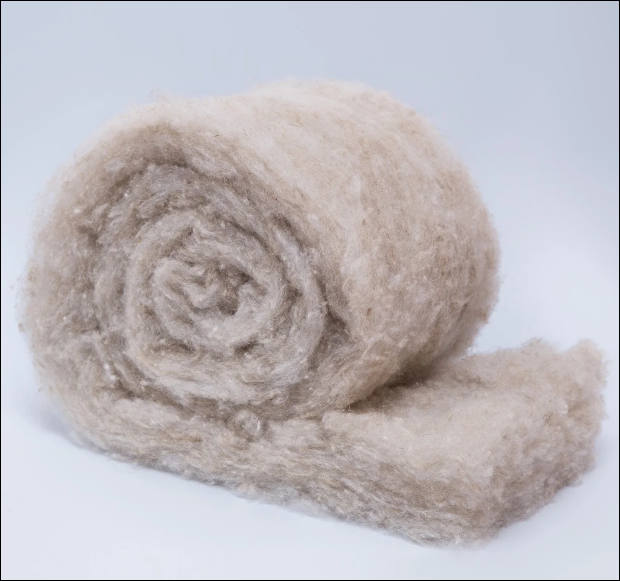
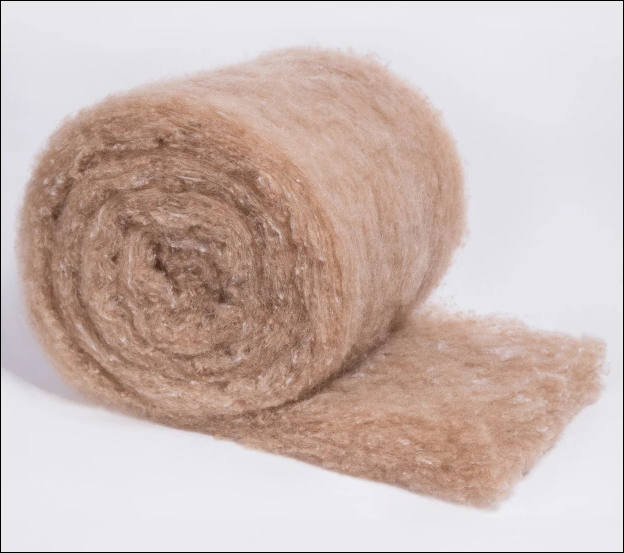
It is thermally bonded polyester fiber with addition of natural fibers.
Note that natural fibers for such thing can be of lowest quality (ones that are usually go to dump) as they do not need to be long and proper as for real filler.
Add to this that any capitalist producer can't resist to replace with time filler to one with 10 or even 0% of natural fibers content.
More profit such way.
-
-
Follows0Replies0Views660Bad design: Chinese spray mops
-
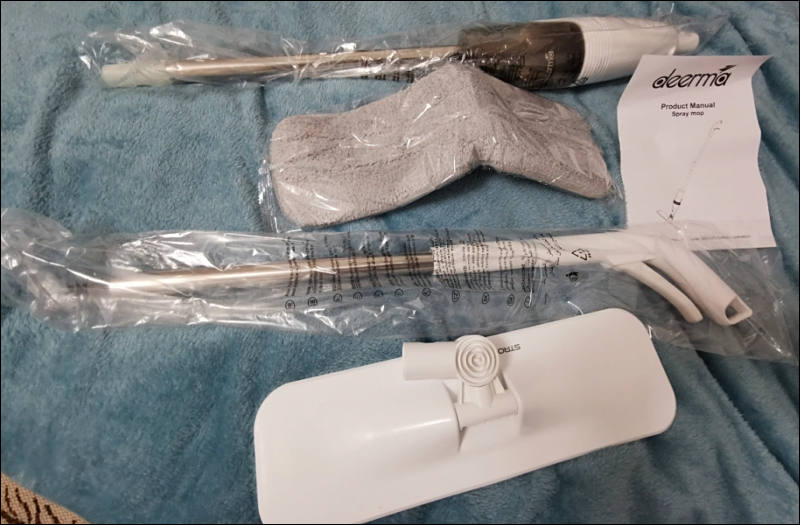
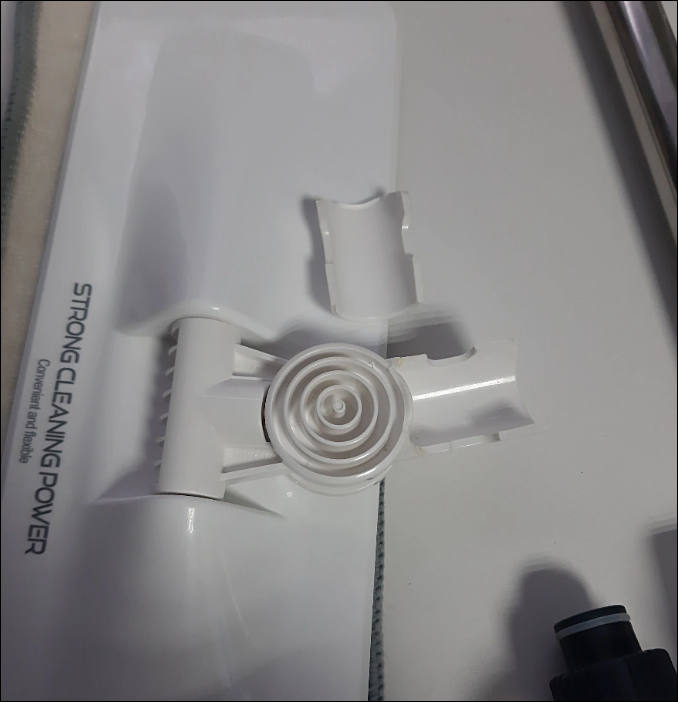
All of them that I saw are made by some stupid designers instead of proper engineers.
As design lacks proper understanding of stress points and lack material knowledge.
-
-
Follows0Replies0Views764Capitalism: Nvidia openly remark less capable chips into RTX 3090
-
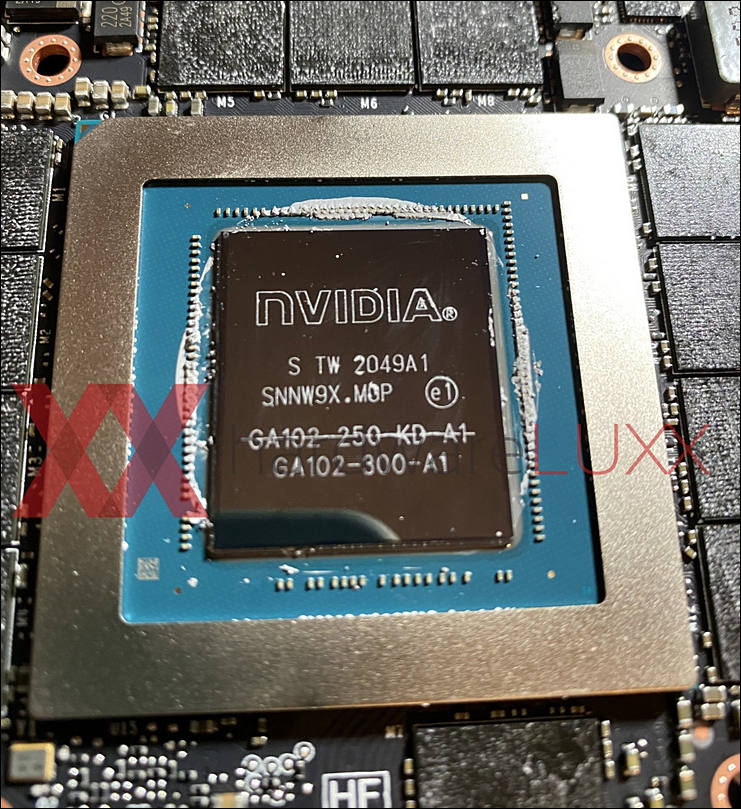
Original marking is for chip from not released yet 3080 Ti with reduced memory bus and cores, yet as we can see - remarked chip has full memory bus and all cores, so we have intentional damage that due to huge prices never realized. For Nvidia it is more profitable to sell full capable chips due to miners.
-
-
Follows0Replies0Views662MAGA: New tax on cars coming, will pay for each mile, supported by Tesla
-
The introduction of a tax on the mileage of a personal car was promised to the Americans by US Transportation Secretary Pete Buttidzic on March 26 in an interview with CNBC.
Discussing sources of revenue that will help fund infrastructure proposals that are expected to cost trillions in the coming months, Buttidzic said the government needs new "sustainable funding streams."
“The idea that part of how we pay for roads is what you pay based on how much you drive,” Buttigiec said.
The transport minister said the mileage tax is a plan that "looks promising" and could ultimately help finance future infrastructure projects.
Rumors are that tax will be different for different cars. Electric cars tax will be at least 5 times lower.
-
-
Follows0Replies4Views3.9KWar: H&M and Nike boycott in China
-
The Chinese public has announced a boycott of H&M and Nike, urging not to buy their products. This reaction was provoked by long-standing comments from these companies about the likely use of Uighur forced labor in the cotton harvest in Xinjiang.
H&M and Nike are at the center of a scandal in China. The Chinese public, television, trading platforms and even celebrities are up in arms against them: everyone is calling for them to refuse to buy the products of these manufacturers. Behind this are the statements of H&M and Nike that they will not use cotton and yarn from the Xinjiang Uygur Autonomous Region (XUAR) for the production of their products.
Few days ago, the European Union, and a little earlier the United Kingdom, the United States and Canada imposed sanctions on the PRC on the basis that it "pursues a repressive policy against Muslims living in the XUAR, in particular against the Uighurs." This, according to foreign media and experts, is the main reason for the current boycott of the two companies.
Representatives of the Chinese Youth Communist Union posted screenshots of H&M and Nike statements on the organization's Weibo blog, commenting, “Spreading rumors to boycott Xinjiang cotton but want to make money in China? You must be dreaming! " China Central Television (CCTV) announced that the letters H and M in the name of H&M in Chinese correspond to words denoting falsehood and falsification, and added that “for such companies we have a clear answer: do not buy their products!” According to CCTV, H&M "miscalculated" in trying to be a "righteous hero" and now "must pay a heavy price for their wrong actions."
The boycott has been joined by some of the country's most popular marketplaces, including TMall, where H&M's official store is reportedly blocked. Searching for products from both manufacturers does not return any results on JD.com, Taobao, and Pinduoduo. Several Chinese celebrities who have been “ambassadors” of these brands have announced that they have ended their relationship with companies that “spread rumors about China and human rights,” and stressed that “the interests of their home country are of the utmost importance to them.” The Global Times (owned by the People's Daily of the Communist Party of China) noted that Chinese citizens "have the right to expose and present offensive statements by Western companies to the public" about cases in the XUAR and "express their anger." At the same time, the publication recalled that Adidas, New Balance, Burberry and Zara used to make "caustic remarks" about Xinjiang cotton.
In just 24 hours, H&M was virtually erased from China's digital world; you cannot buy his tops and dresses from the largest online retail platforms, you cannot get a taxi to take you to one of his stores in the largest taxi calling app. Physical stores still exist and are open - almost all of them, but closures can follow soon also.
The public responded to the appeal of organizations, press, television and celebrities, and publications under the hashtag "I support Xinjiang cotton" entered the top trends on Weibo with almost 2 billion views. Users began posting videos on social networks showing how they burn the company's products.
H&M China responded by posting on Weibo, in which it noted that it “respects Chinese consumers as always” and does not announce any political position. For the Swedish company, the Chinese market is the third largest after Germany and the United States. In 2019, H&M's sales in China, where the company has 520 stores, reached $1.4 billion. For the American manufacturer, the Chinese market is also the third largest after North America and EMEA (Europe, Middle East and Africa). Nike has 7,000 stores in China and in fiscal 2020 (ended May 2020) had sales of $ 6.7 billion there.
Nice way to talk to fighters for democracy, as only way they understand is their own walled thinning.
4 comments 5 comments Vitaliy_KiselevMarch 2021Last reply - April 2021 by garroulus Subscribe to this blog
Subscribe to this blog
-
-
Follows0Replies2Views1.8KXiaomi Mi Band 6
-
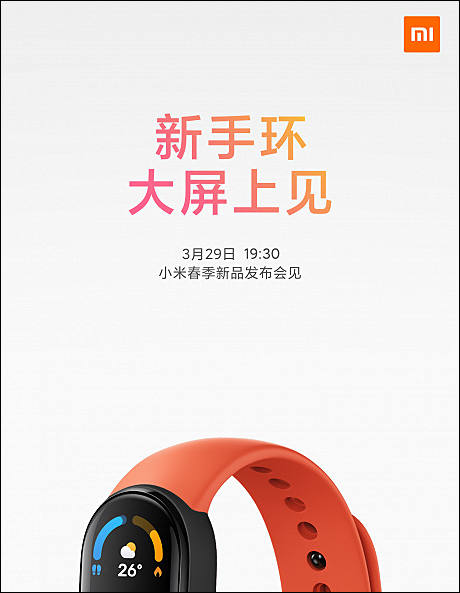
Specs:
- Boundless oval screen
- NFC as standard option
- blood oxygen measurement as standard option
- Tight integration with messengers - Telegram and WhatsApp
2 comments 3 comments Vitaliy_KiselevMarch 2021Last reply - April 2021 by Vitaliy_Kiselev Subscribe to this blog
Subscribe to this blog
-
-
Follows0Replies0Views794Monopolies: Samsung becomes one on smartphone displays market
-
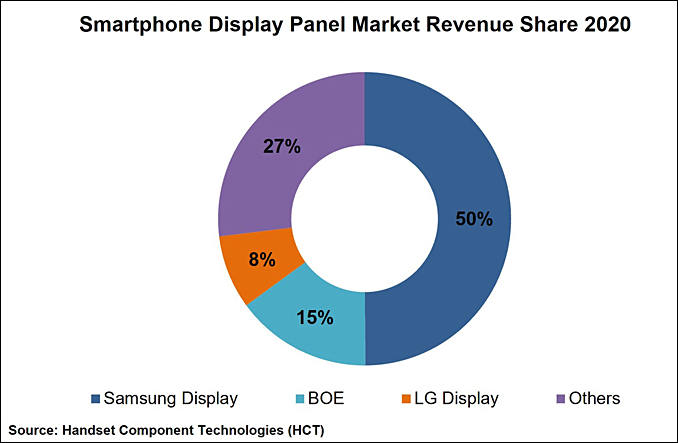
And it is grave danger for Sony, as frequently to get nice discount you need to also buy Samsung camera sensors :-)
-
-
Follows0Replies0Views751Cameras Sales: 2020 cameras production by company
-
According to the Japanese research firm Techno System:
- Sony produced 1.15 million mirrorless cameras in 2020
- Canon is second with 1.05 million cameras followed by
- Nikon with 250,000 cameras (out of a total of 3.26 million mirrorless cameras produced in 2020)
Out of a total of 2.39 million DSLR cameras produced in 2020
- Canon had 1.71 million and
- Nikon had 650,000.
According to the Camera & Imaging Products Association, worldwide shipments of mirrorless cameras in 2020 decreased by 25.9% from the previous year to 2.93 million units. The number of DSLR cameras was 2.37 million (down 47.3%).
https://www.sankeibiz.jp/business/news/210326/bsc2103260554004-n1.htm
-
Howdy, Stranger!
It looks like you're new here. If you want to get involved, click one of these buttons!
Categories
- Topics List23,991
- Blog5,725
- General and News1,354
- Hacks and Patches1,153
- ↳ Top Settings33
- ↳ Beginners256
- ↳ Archives402
- ↳ Hacks News and Development56
- Cameras2,367
- ↳ Panasonic995
- ↳ Canon118
- ↳ Sony156
- ↳ Nikon96
- ↳ Pentax and Samsung70
- ↳ Olympus and Fujifilm101
- ↳ Compacts and Camcorders300
- ↳ Smartphones for video97
- ↳ Pro Video Cameras191
- ↳ BlackMagic and other raw cameras116
- Skill1,960
- ↳ Business and distribution66
- ↳ Preparation, scripts and legal38
- ↳ Art149
- ↳ Import, Convert, Exporting291
- ↳ Editors191
- ↳ Effects and stunts115
- ↳ Color grading197
- ↳ Sound and Music280
- ↳ Lighting96
- ↳ Software and storage tips266
- Gear5,420
- ↳ Filters, Adapters, Matte boxes344
- ↳ Lenses1,582
- ↳ Follow focus and gears93
- ↳ Sound499
- ↳ Lighting gear314
- ↳ Camera movement230
- ↳ Gimbals and copters302
- ↳ Rigs and related stuff273
- ↳ Power solutions83
- ↳ Monitors and viewfinders340
- ↳ Tripods and fluid heads139
- ↳ Storage286
- ↳ Computers and studio gear560
- ↳ VR and 3D248
- Showcase1,859
- Marketplace2,834
- Offtopic1,319




